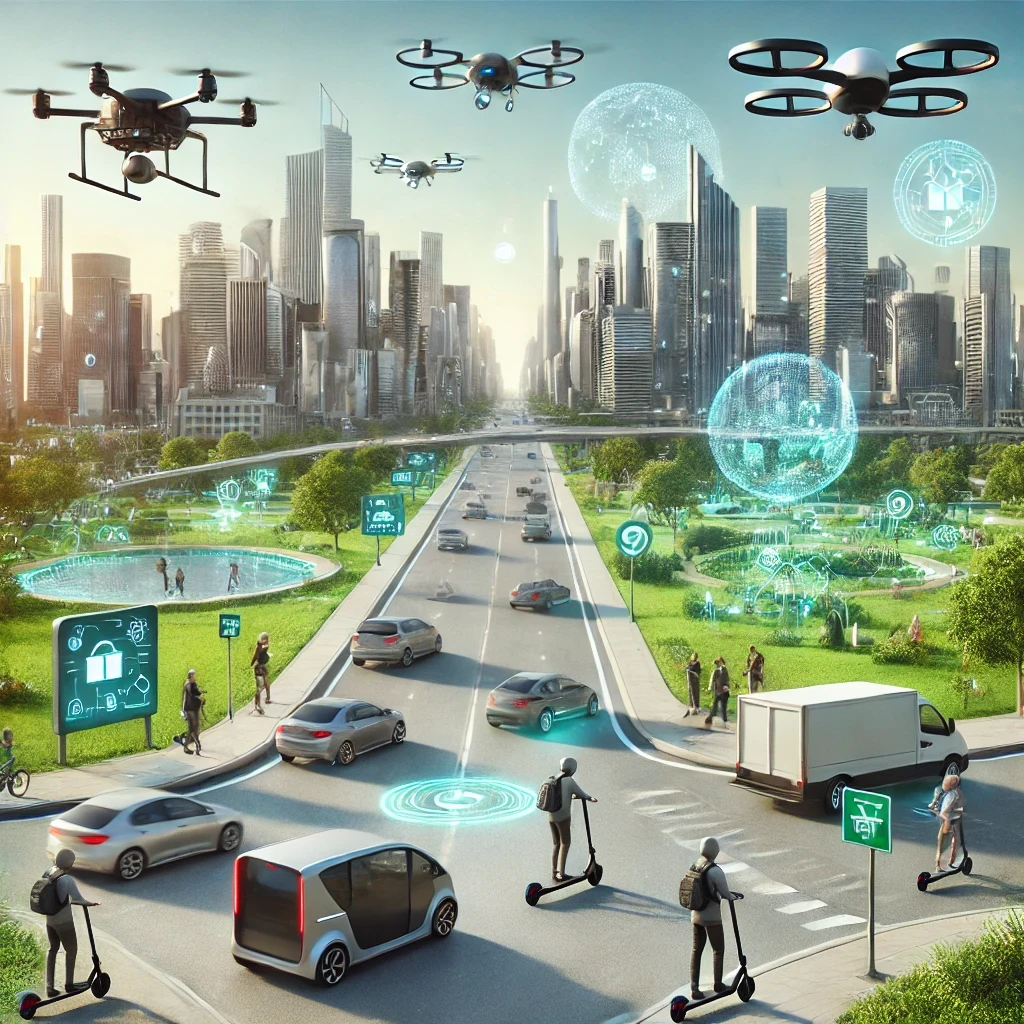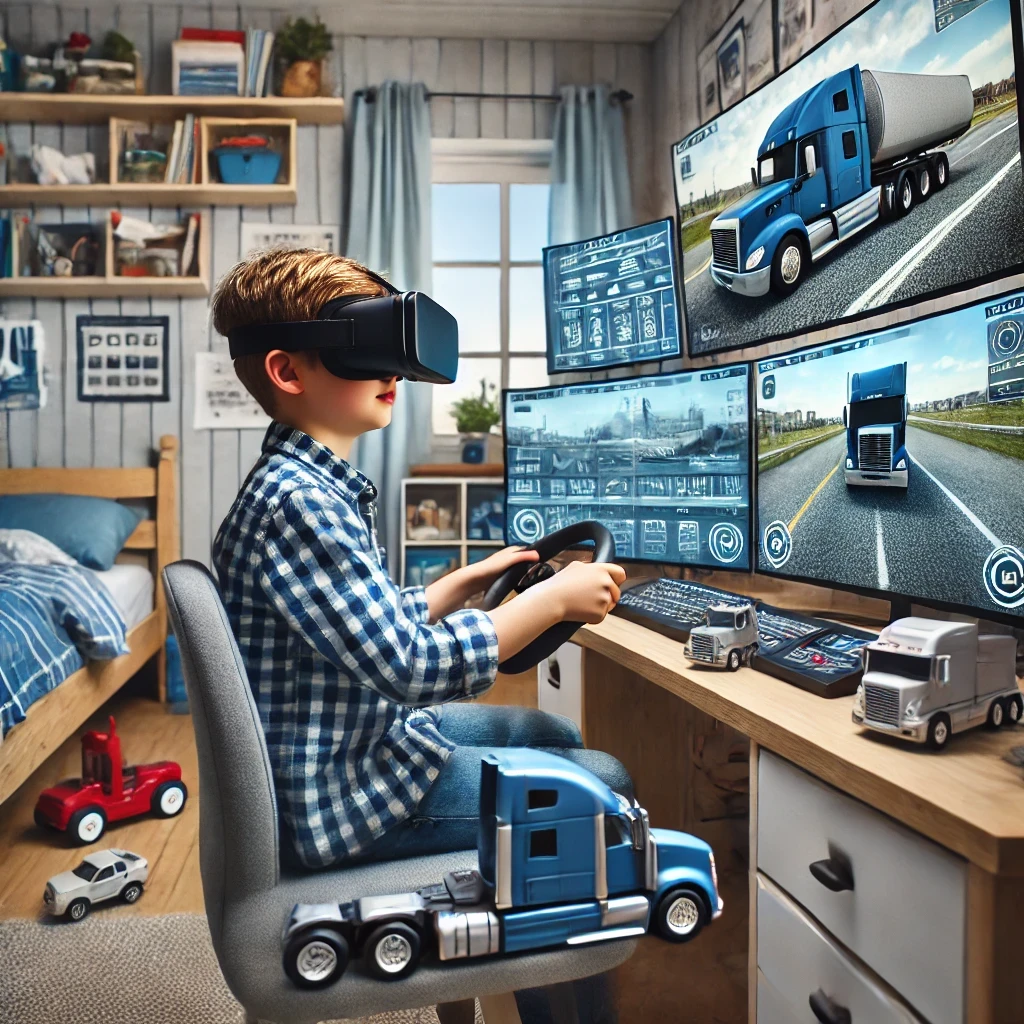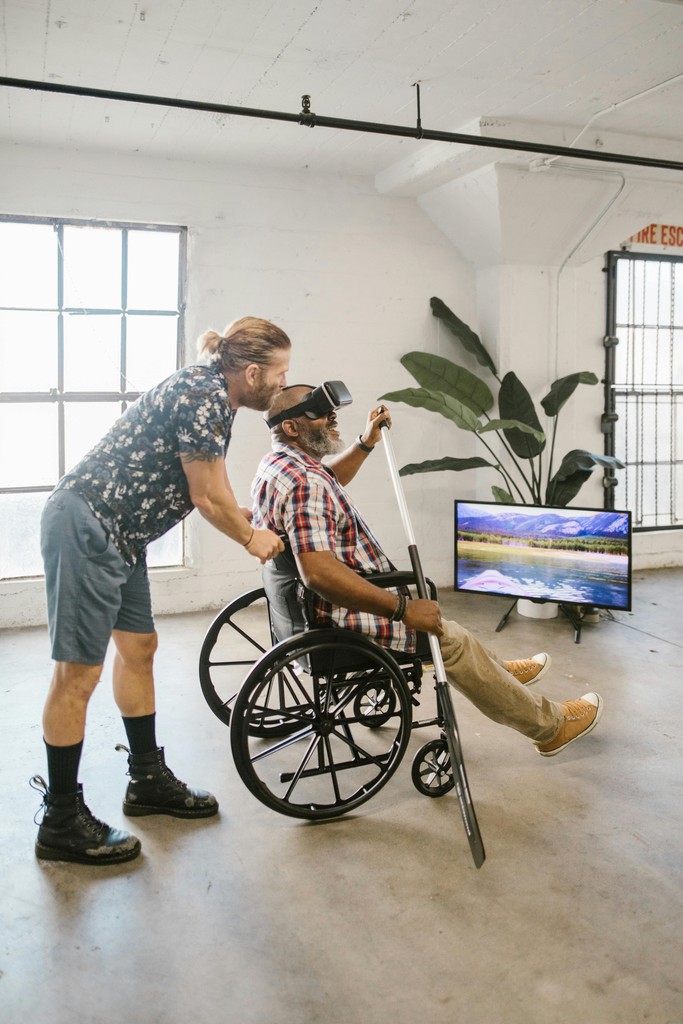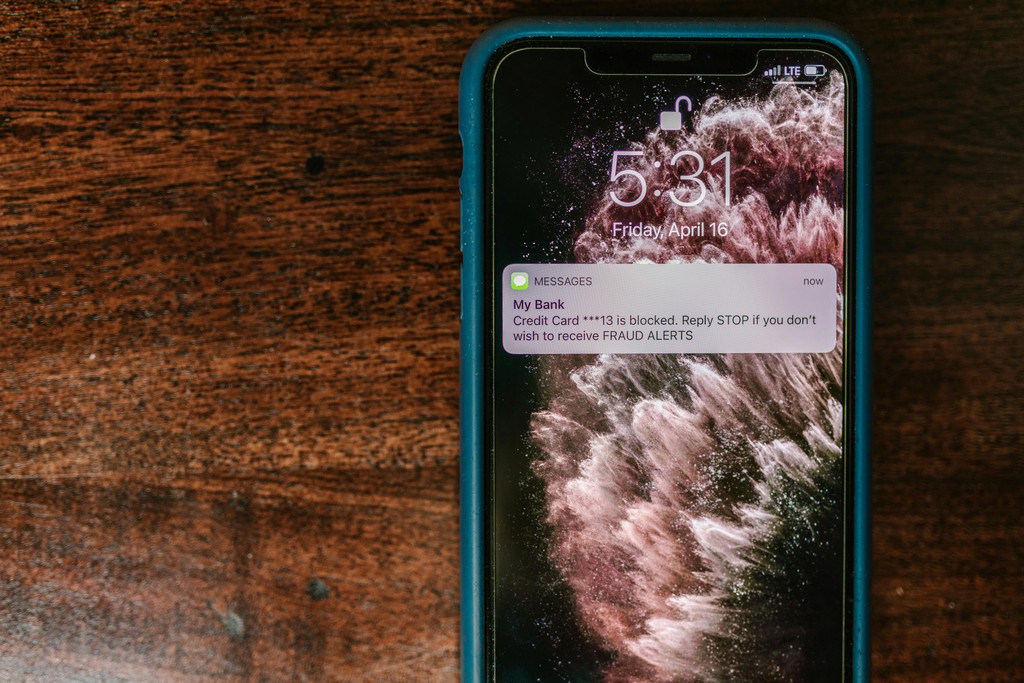The Mobility Revolution: How 2033 Will Redefine How You Move, Work, and Live
Picture this: It's 2033. You're in a computer on wheels. Your AI does the driving while you work in what feels like a better office than the one at work. The windows get darker when it's sunny. Your AI has already ordered coffee at the next charging stop. As you get close to the city, you see something new - charging stations everywhere, with coffee shops and even places where people race drones when they need a break.
This is what moving around will look like soon. It's not just about getting somewhere anymore - it's about making the trip matter.
Why Old Cars Will Die
The truth is simple: cars that use gas and need humans to drive them won't be around much longer. By 2033, getting around will be:
Cleaner than ever: New kinds of fuel are taking over. From lab-made eFuels to hydrogen, we're moving away from oil faster than you can imagine. Cities are getting greener too - roads will have gardens built into them, powered by the sun. Think about driving past gardens that clean the air and look good.
Smarter than your phone: Cars are turning into computers that move. They collect data that's incredibly valuable. Your car might notice you're stressed and suggest a nicer route, or play something calm through the speakers. These aren't just machines anymore - they're more like smart friends who know what you need.
Open to everyone: From flying taxis to electric shoes (really), getting around won't just mean using a car. Everyone will be able to move easily, no matter who they are or what they can afford. Picture a place where you can grab an electric scooter, hop on a self-driving bus, or even use special equipment that helps older people walk - all whenever you need it.
The New Giants
Forget what you know about who runs the car world. Now:
Tech companies are the new car kings: The companies that make your phone are now making your car. They're good at AI and knowing what people want, so they're making cars that can think and learn.
Power companies are changing too: The places where you charge your car will be different. They'll make their own power from the sun, have places to work, and let you pay without touching anything. They'll be more like places where people hang out than gas stations.
Insurance is totally different: When cars drive themselves, insurance companies can't work the old way. Instead of covering bad drivers, they're covering computer mistakes. They're using tech to spot problems before they happen.
And the old car companies? They either change or die. The ones that make it are working with tech companies to build smart cars, not just machines.
The Big Money Question
Here's what's tricky: How do we pay for all this? We need to rebuild everything about how we move around. It costs more than you can imagine.
But here's what we get:
Cleaner cities: When cars don't make pollution, people are healthier. Imagine cities where you can actually breathe clean air.
Better connected places: This isn't just about moving people - it's about connecting everyone. Even people far from cities will have ways to get what they need.
A new kind of economy: We'll create millions of jobs in clean energy and AI. We're building something better than what we had with oil.
The Hard Parts
Before you get too excited, think about:
Privacy problems: Your car will know a lot about you. Who gets to see that information? How do we keep it safe?
Hacking worries: When cars are computers, someone might try to hack them. This isn't just annoying - it could be dangerous.
Changes in how we live: When we don't have to drive, how we spend time will change. We might talk to each other more in cars, which means we need to think about making that work well.
What Leaders Need to Do
Accept change: Things will keep changing fast. Get used to it.
Think bigger than cars: You're not selling cars - you're selling freedom to move around.
Work together: No one can do this alone. Work with others, even if they seem different.
Build tough systems: Make things that can handle change without breaking.
Keep it personal: Even with all this tech, remember that people matter most.
The Question No One's Asking
We're so busy making cars smarter that we might make ourselves dumber. When cars drive themselves and AI makes all our travel choices, will we forget how to navigate our own world? Imagine a generation that's never felt lost, never discovered a shortcut, never had that moment of pride in mastering a difficult route.
The real traffic jam isn't on our roads—it's in our systems. When everything's optimized and automated, we face a different kind of gridlock. What happens when every autonomous vehicle in a city needs a software update at once? Or when the most efficient routing creates "AI-preferred" corridors, leaving entire neighborhoods cut off from the new mobility economy?
date published
May 12, 2024
reading time
5 min
.see also



